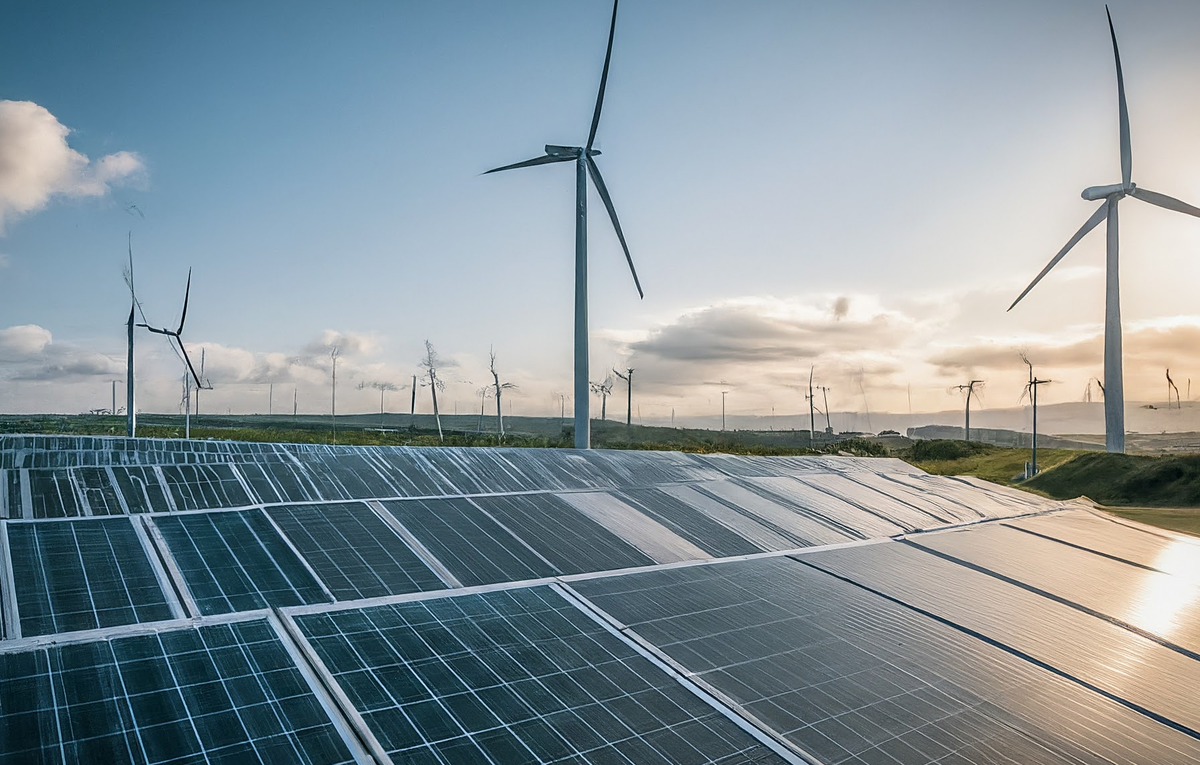India's Renewable Energy Surge: A Bright Future Ahead
Key Ideas
- India's renewable energy capacity is set to quadruple from 15 GW in 2023 to 62 GW in 2030, with an installed capacity already surpassing 200 GW by the end of 2024.
- The country aims to achieve 500 GW of renewable energy capacity by 2030, with plans to add 50 GW annually and an investment projection of over USD 32 billion in 2025.
- Challenges in 2025 include reducing the cost of Green Hydrogen, developing new policies, and identifying demand for Green Hydrogen consumption, but there is optimism regarding additional production capacity and pilot projects.
- Industry experts emphasize the importance of public-private partnerships, innovation, and inclusive green hydrogen strategies for a successful 2025, with estimated significant battery energy storage requirements by 2032.
India has made significant strides in its renewable energy sector, with the International Energy Agency projecting that the country's renewable capacity additions through 2030 will outpace other major economies like China. By the end of 2024, India's installed renewable energy capacity had already exceeded 200 gigawatts, with plans to reach 500 GW by 2030. The country is focusing on decarbonizing and shifting away from fossil fuels through the scaling up of domestic solar PV and wind turbine manufacturing. With an investment projection of over USD 32 billion in 2025, India is on track to quadruple its renewable capacity from 15 GW in 2023 to 62 GW in 2030. The renewable energy minister highlighted the remarkable growth in the sector in 2024, with significant capacity additions in solar, wind, bio, and hydro power.
Looking ahead to 2025, a key focus will be on Green Hydrogen, with challenges including cost reduction, policy development, and market demand identification. Despite these challenges, there is optimism about additional production capacities and the likelihood of setting up a Centre of Excellence for Green Hydrogen research. Stakeholders emphasize the importance of public-private partnerships, innovation, and inclusive strategies for a successful transition to green hydrogen and renewable energy.
Industry experts foresee a pivotal year in 2025, with significant battery energy storage requirements expected by 2032. Recommendations include expediting project awards, signing agreements, and providing capital support for nodal agencies to accelerate the renewable energy projects. Additionally, calls are made for dedicated financing to fund the approximately USD 2 trillion needed for these projects. Policy developments, especially in Solar Thermal technology, are seen as crucial for further growth and reduction in fossil fuel usage, signaling a promising future for India's renewable energy sector.
Topics
India
Policy
Renewable Energy
Clean Energy
Investment
Energy Transition
Manufacturing
Solar Power
Wind Power
Latest News
